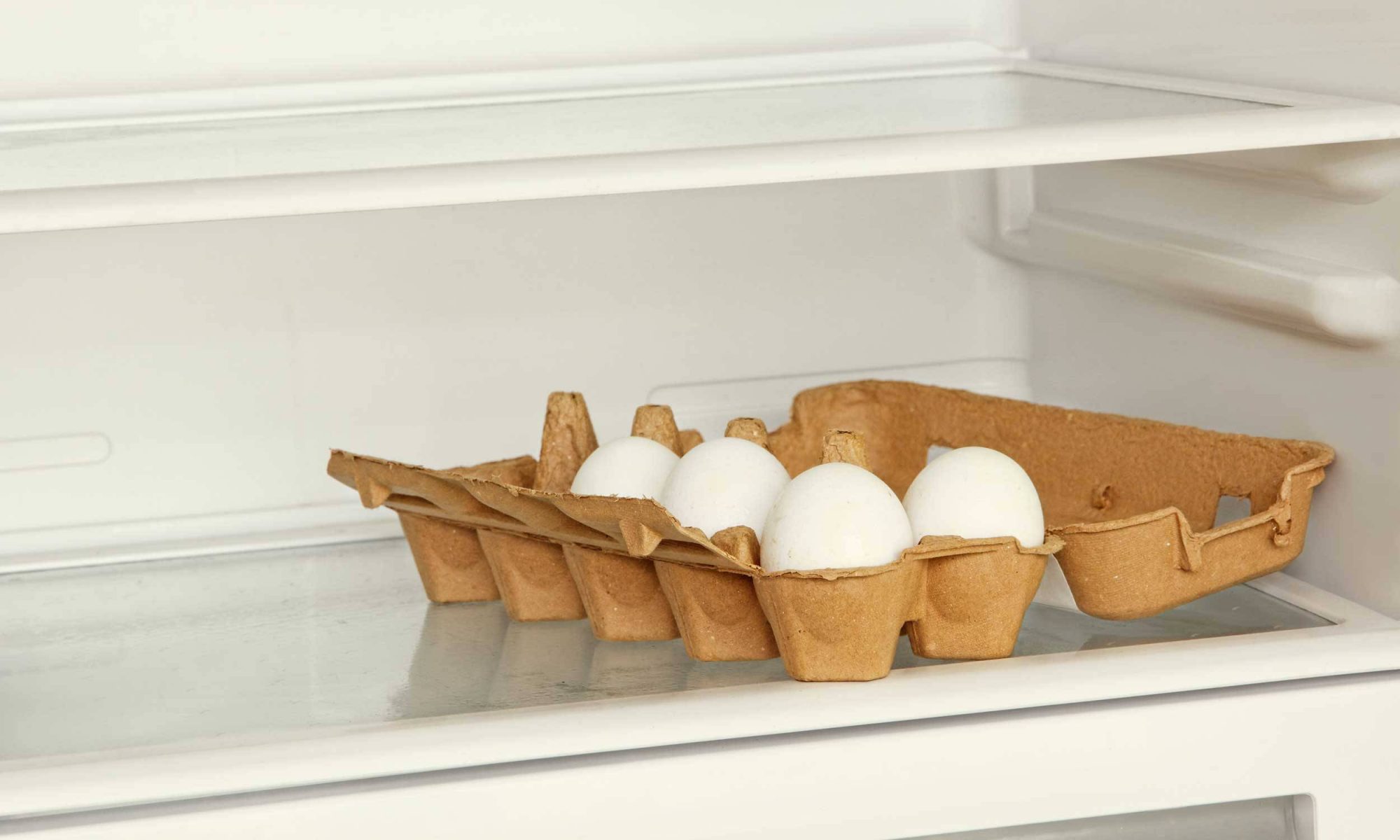

Articles
How Long Do Eggs Keep In The Refrigerator
Modified: August 16, 2024
Discover how long eggs can be safely stored in the refrigerator. Read our informative articles to learn more about the shelf life of eggs and food safety practices.
(Many of the links in this article redirect to a specific reviewed product. Your purchase of these products through affiliate links helps to generate commission for Storables.com, at no extra cost. Learn more)
Introduction
Eggs are a staple in many households, enjoyed for their versatility and nutritional value. Whether scrambled, fried, poached, or used as an ingredient in baking, eggs offer a wide variety of culinary possibilities. However, it’s important to understand how long eggs can be safely stored in the refrigerator to ensure they remain fresh and free from spoilage.
The shelf life of eggs is influenced by several factors, including the quality of the eggs, storage conditions, and handling practices. By understanding these factors and adopting proper storage techniques, you can maximize the longevity of your eggs and reduce the risk of foodborne illnesses.
In this article, we will explore the factors that affect egg shelf life, provide guidelines for proper egg storage, discuss the different types of dates you might find on egg cartons, and offer tips for extending the freshness of your eggs.
So, if you’ve ever wondered how long eggs can keep in the refrigerator or what to do with expired eggs, read on to discover the answers and ensure that your eggs stay fresh for as long as possible.
Key Takeaways:
- Proper storage, refrigeration, and handling practices are crucial for maximizing the longevity of eggs and reducing the risk of spoilage and foodborne illnesses.
- Understanding egg carton dates, conducting freshness tests, and being aware of signs of spoiled eggs are essential for ensuring the quality and safety of eggs for consumption.
Factors Affecting Egg Shelf Life
Several factors can influence the shelf life of eggs, determining how long they can remain fresh and safe for consumption. It’s essential to understand these factors to ensure you can properly store your eggs and minimize the risk of spoilage. Here are the main elements that impact the longevity of eggs:
- Egg Quality: The quality of the eggs plays a vital role in determining their shelf life. Fresh eggs sourced from reputable producers tend to last longer compared to older or lower-quality eggs.
- Storage Temperature: Eggs should be stored in a consistently cool temperature to extend their freshness. Ideally, they should be kept in the refrigerator, where the temperature is between 35 to 40 degrees Fahrenheit (2 to 4 degrees Celsius).
- Humidity: Excessive moisture can degrade the quality of eggs and promote the growth of bacteria. It’s important to store eggs in a dry environment to maintain their freshness.
- Contamination: The exterior of eggshells can sometimes carry bacteria, such as Salmonella. Proper handling and storage practices help minimize the risk of contamination and prolong the shelf life of eggs.
- Handling Practices: Eggs should be handled with care to avoid cracking or damaging the shell. Cracks provide entry points for bacteria to enter the egg, leading to spoilage.
By considering these factors and taking the necessary precautions, you can significantly extend the shelf life of your eggs. The next section will delve into the best practices for storing eggs properly.
Proper Egg Storage
Proper egg storage is crucial for maintaining their freshness and ensuring they stay safe for consumption. Follow these guidelines to store your eggs correctly:
- Refrigeration: Eggs should be stored in the refrigerator, as the cool temperature helps slow down the growth of bacteria. Place them in the main body of the refrigerator rather than the door, as the temperature on the door tends to fluctuate more.
- Original Carton: Keep eggs in their original carton, as it provides protection and helps maintain their freshness. The carton also contains important information, such as the packing date or expiration date.
- Avoid Temperature Fluctuations: Avoid temperature fluctuations by refraining from taking eggs in and out of the refrigerator unnecessarily. Frequent temperature changes can negatively affect their quality.
- Avoid Moisture: Moisture can promote bacterial growth and deteriorate the quality of eggs. Store eggs in a dry environment and avoid placing them near foods with high moisture content.
- Keep Away from Odorous Foods: Eggs can absorb odors from strong-smelling foods. Keep them in a separate compartment or away from foods with strong aromas, such as onions or garlic.
- Handle with Care: Handle eggs with care to avoid cracking them. Cracked eggs are more susceptible to bacteria, which can lead to spoilage.
By following these storage guidelines, you can maximize the shelf life of your eggs and maintain their quality. However, it’s essential to understand the dates printed on egg cartons to determine the freshness of your eggs, which we will explore in the next section.
Understanding Egg Carton Dates
Egg cartons often have various dates printed on them, which can be confusing to interpret. Here are the different types of dates you might come across and what they mean:
- Sell-By Date: This date indicates the last day the store can sell the eggs while ensuring their quality. You can still safely consume eggs for a certain period beyond the sell-by date if they have been properly stored.
- Best By Date: The best by date refers to the date by which the eggs are at their peak quality. However, eggs can often remain good for several weeks beyond this date if stored correctly.
- Use-By Date: The use-by date is the last recommended date for consuming the eggs to ensure the best quality and taste. It is typically determined by the egg producer.
It’s important to note that these dates are not expiration dates but rather guidelines for optimal freshness. As long as eggs are properly stored, they can often remain safe to eat for several weeks beyond the dates printed on the carton.
To determine the freshness of your eggs, you can conduct a simple test. Fill a bowl with water and gently place an egg in it. If the egg sinks to the bottom and lays flat on its side, it is considered very fresh. If it stands upright or floats, it is less fresh and should be consumed promptly or discarded.
By understanding these dates and conducting freshness tests, you can make an informed decision about whether to use or discard your eggs based on their quality.
Now that we’ve covered the dates and freshness of eggs, let’s dive into the question: How long can eggs stay fresh in the refrigerator?
Eggs can be kept in the refrigerator for up to 3-5 weeks. To check if an egg is still fresh, place it in a bowl of water – if it sinks, it’s fresh; if it floats, it’s old and should be discarded.
How Long Can Eggs Stay Fresh in the Refrigerator?
The shelf life of eggs in the refrigerator can vary depending on several factors, including their quality, storage conditions, and handling practices. In general, fresh eggs can remain safe to consume for several weeks when stored properly.
While the sell-by or best by dates printed on the egg carton provide a rough indication of freshness, they are not set in stone. Proper storage can extend the life of eggs beyond these dates. However, it’s always important to use your judgement and conduct freshness tests to determine if the eggs are still suitable for consumption.
As a general guideline, if eggs are refrigerated promptly at temperatures between 35 to 40 degrees Fahrenheit (2 to 4 degrees Celsius) and are handled properly, they can typically stay fresh for up to 4-5 weeks past their pack date.
It’s crucial to note that as eggs age, their quality may decline. The yolk may become flatter, and the whites may become thinner. However, eggs that are slightly past their prime can still be safely consumed as long as they pass the freshness test (the water test mentioned in the previous section).
It’s important to keep in mind that hard-boiled eggs have a shorter shelf life than raw eggs. Hard-boiled eggs should be consumed within one week of cooking them to ensure freshness.
To ensure the longest possible shelf life for your eggs, follow proper storage techniques and handle them with care. This will help maintain their quality and reduce the risk of spoilage and foodborne illnesses.
Next, let’s discuss some signs that indicate your eggs may have spoiled.
Signs of Spoiled Eggs
It’s crucial to be able to identify the signs of spoiled eggs to avoid consuming them and risking foodborne illnesses. Here are some common indicators that your eggs may have gone bad:
- Unpleasant Odor: If you notice a strong, sulfuric smell when you crack open an egg, it is a clear sign of spoilage. Fresh eggs have a neutral odor, so any foul or rotten smell is a definite warning sign.
- Discolored Egg White or Yolk: Fresh eggs have a clear egg white and a bright, yellow yolk. If you notice any discoloration, such as pink, green, or blue, it indicates bacterial growth and spoilage.
- Strange Texture: Spoiled eggs may have a slimy or runny texture when you crack them open, indicating the breakdown of the proteins. The texture should be firm and cohesive in fresh eggs.
- Float Test: If an egg floats in water rather than sinking to the bottom, it may be spoiled. This is because gases build up inside the egg as it ages, causing it to float. Always conduct the float test before using older eggs.
If you observe any of these signs, it’s crucial to discard the eggs immediately to avoid the risk of foodborne illnesses. Consuming spoiled eggs can lead to gastrointestinal issues, such as nausea, vomiting, and diarrhea, due to the presence of harmful bacteria like Salmonella.
Now that you know how to identify spoiled eggs, let’s explore some tips to help extend the shelf life of your eggs.
Tips for Extending Egg Shelf Life
To maximize the shelf life of your eggs and ensure they stay fresh for as long as possible, consider implementing the following tips:
- Store Eggs in the Refrigerator: Eggs should always be kept in the refrigerator at a temperature range of 35 to 40 degrees Fahrenheit (2 to 4 degrees Celsius). This helps slow down the process of spoilage and bacterial growth.
- Keep Eggs in Their Original Carton: The original egg carton provides protection and helps maintain the quality of the eggs. It also helps you keep track of the pack date or expiration date.
- Avoid Extreme Temperature Fluctuations: Rapid temperature changes can affect the quality of eggs. Avoid taking them in and out of the refrigerator unnecessarily. Keep the temperature consistent to prolong their freshness.
- Handle Eggs with Care: Cracked eggs are more susceptible to bacterial contamination and spoilage. Always handle eggs gently and avoid dropping or mishandling them.
- Don’t Wash Eggs Until Ready to Use: The protective coating on the eggshell helps preserve freshness. Only wash eggs just before using them to avoid removing this natural protective layer.
- Store Eggs in the Main Body of the Refrigerator: The temperature in the door of the refrigerator fluctuates more than in the main body. Therefore, store eggs in the main body, where the temperature remains more consistent.
- Keep Eggs Away from Odorous Foods: Eggs can absorb odors, so store them away from foods with strong aromas to prevent their taste from being affected.
- Use Older Eggs for Baking: As eggs age, they lose some of their moisture content, making them ideal for baking. Use slightly older eggs, rather than the freshest ones, when baking cakes or pastries.
By following these tips, you can extend the shelf life of your eggs and ensure they are as fresh as possible when you use them. However, always use your discretion and perform freshness tests to verify the egg’s quality before consuming it.
Now that you have a good understanding of how to extend the shelf life of your eggs, let’s wrap up our discussion.
Conclusion
Proper egg storage is essential for maintaining their freshness and ensuring they remain safe for consumption. By understanding the factors that affect egg shelf life and following best practices for storage, you can maximize the longevity of your eggs and reduce the risk of spoilage and foodborne illnesses.
Factors such as egg quality, storage temperature, humidity, contamination, and handling practices all play a role in determining how long eggs can stay fresh. Refrigeration, using the original carton, and avoiding temperature fluctuations and moisture are key considerations for proper egg storage.
Understanding the dates on egg cartons, such as the sell-by date and best by date, can provide guidance on the freshness of eggs. However, it’s important to conduct the water test to determine their actual quality.
Remember to be aware of the signs of spoiled eggs, including unpleasant odors, discoloration, strange texture, and the float test results. If any of these signs are present, it’s crucial to discard the eggs to avoid the risk of foodborne illnesses.
To extend the shelf life of your eggs, follow additional tips such as handling eggs with care, refraining from washing eggs until ready to use, storing eggs in the main body of the refrigerator, and keeping them away from odorous foods.
By implementing these guidelines, you can enjoy fresh and safe eggs for a longer period. Always use your best judgment and perform freshness tests to ensure the quality of the eggs before consuming them.
Now armed with this knowledge, you can confidently store and use eggs in a way that maximizes their freshness and keeps your meals delicious and safe.
Frequently Asked Questions about How Long Do Eggs Keep In The Refrigerator
Was this page helpful?
At Storables.com, we guarantee accurate and reliable information. Our content, validated by Expert Board Contributors, is crafted following stringent Editorial Policies. We're committed to providing you with well-researched, expert-backed insights for all your informational needs.

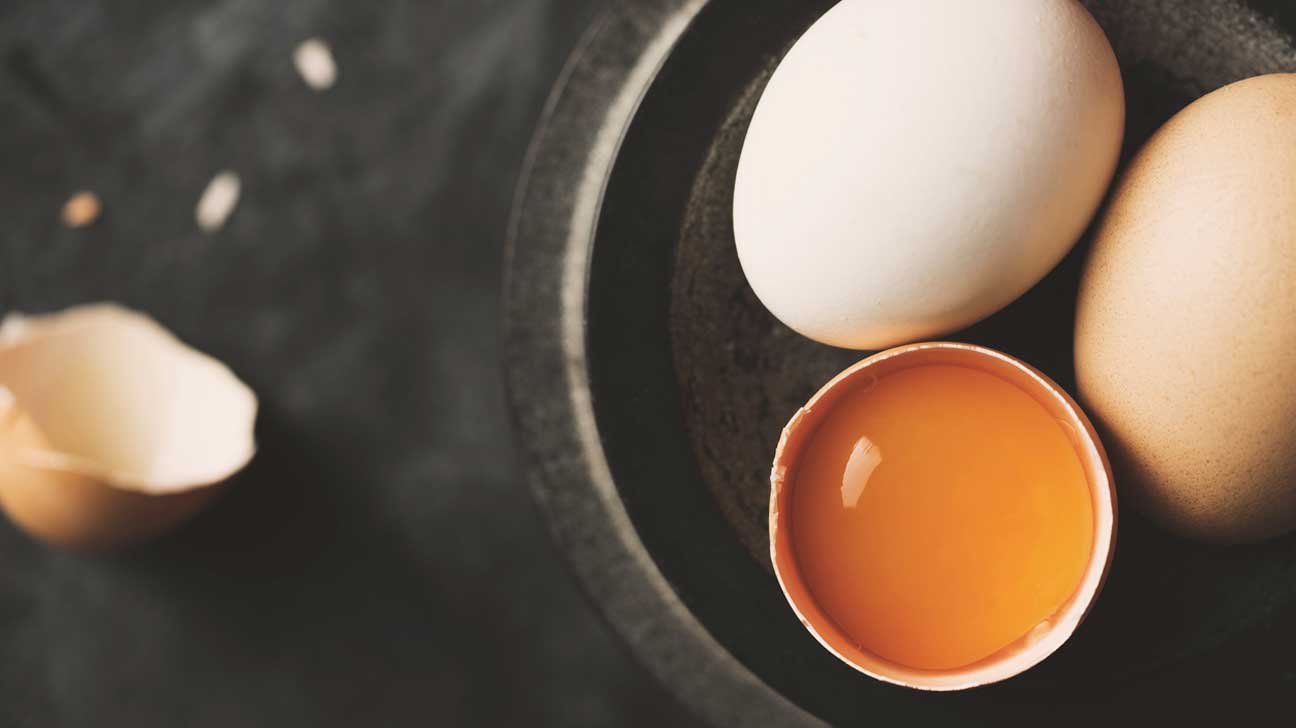
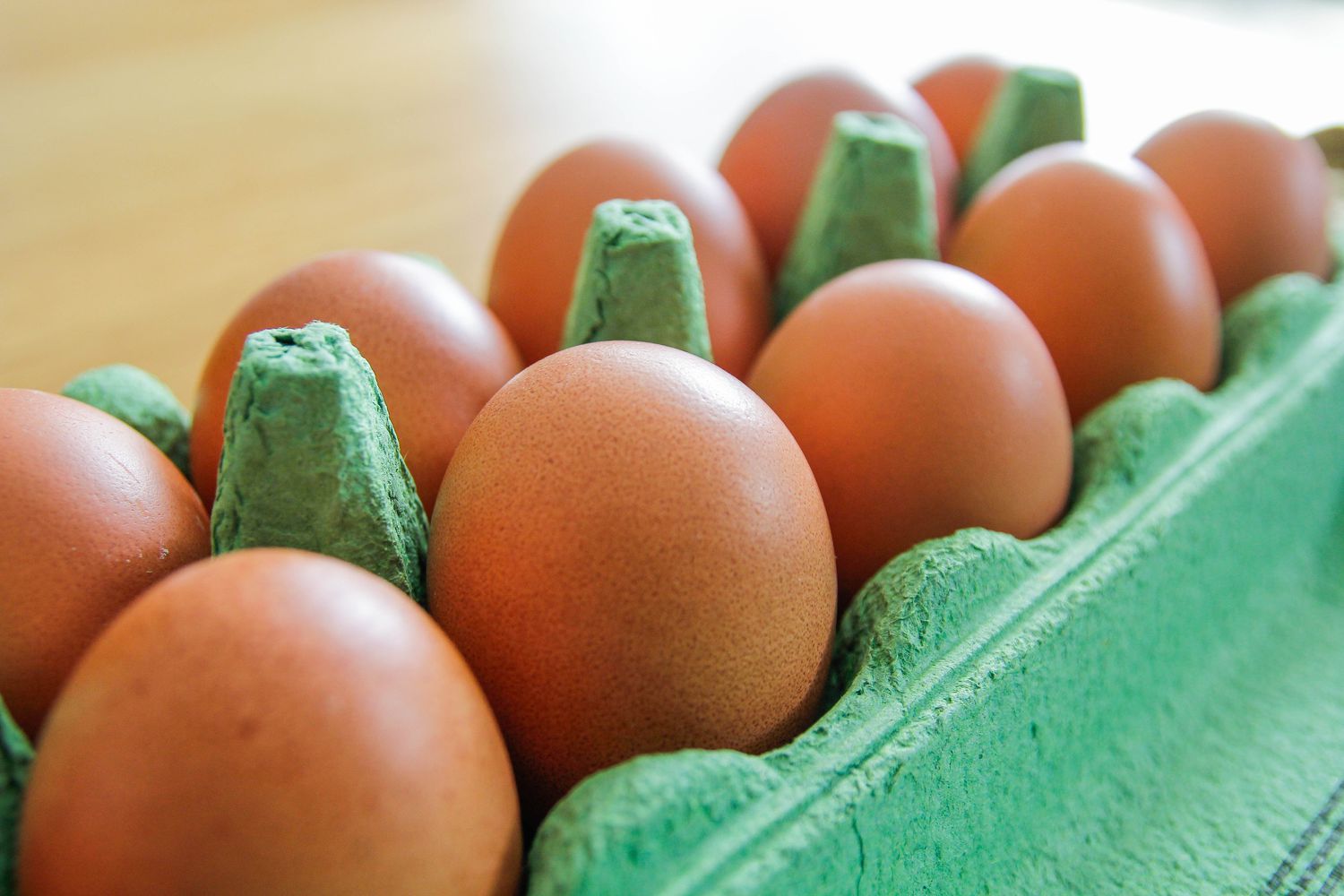
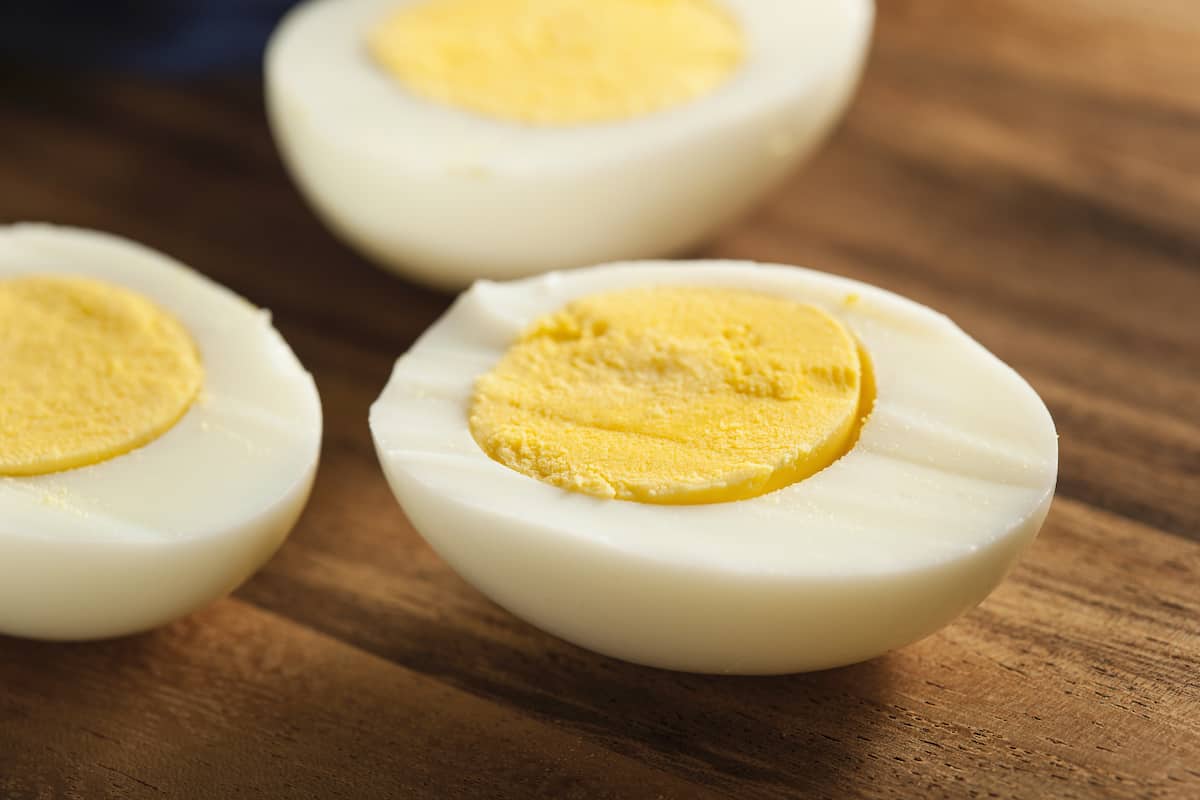
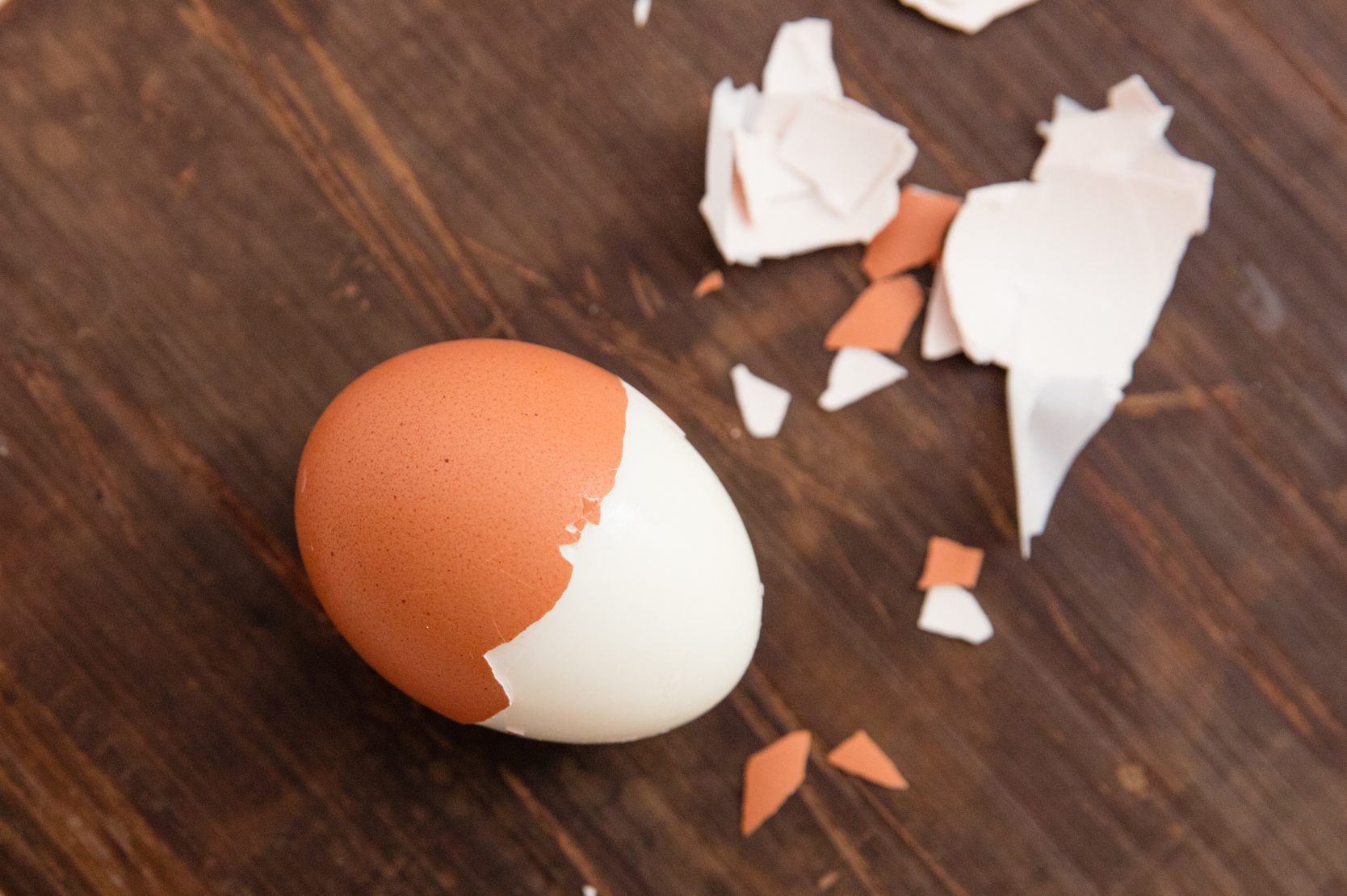
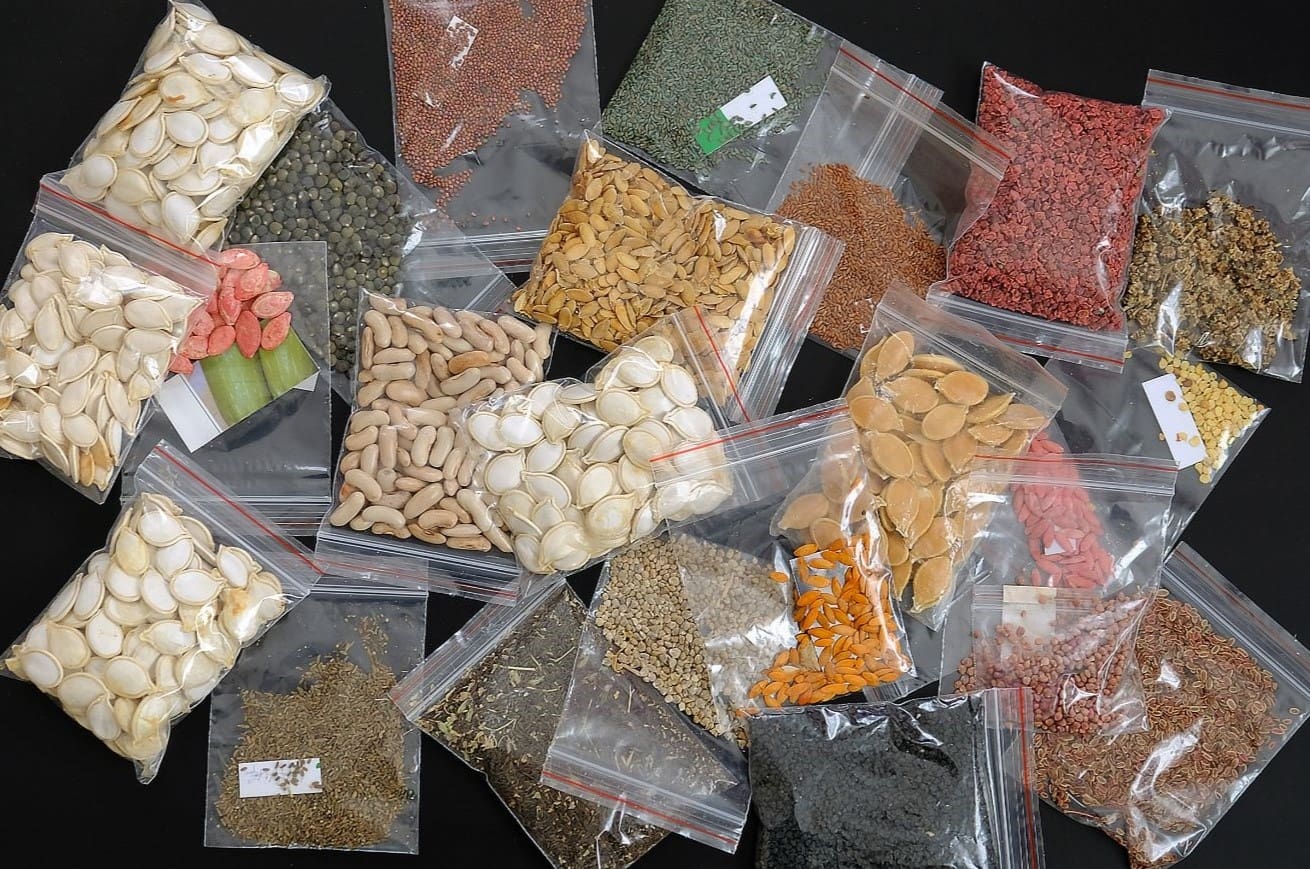

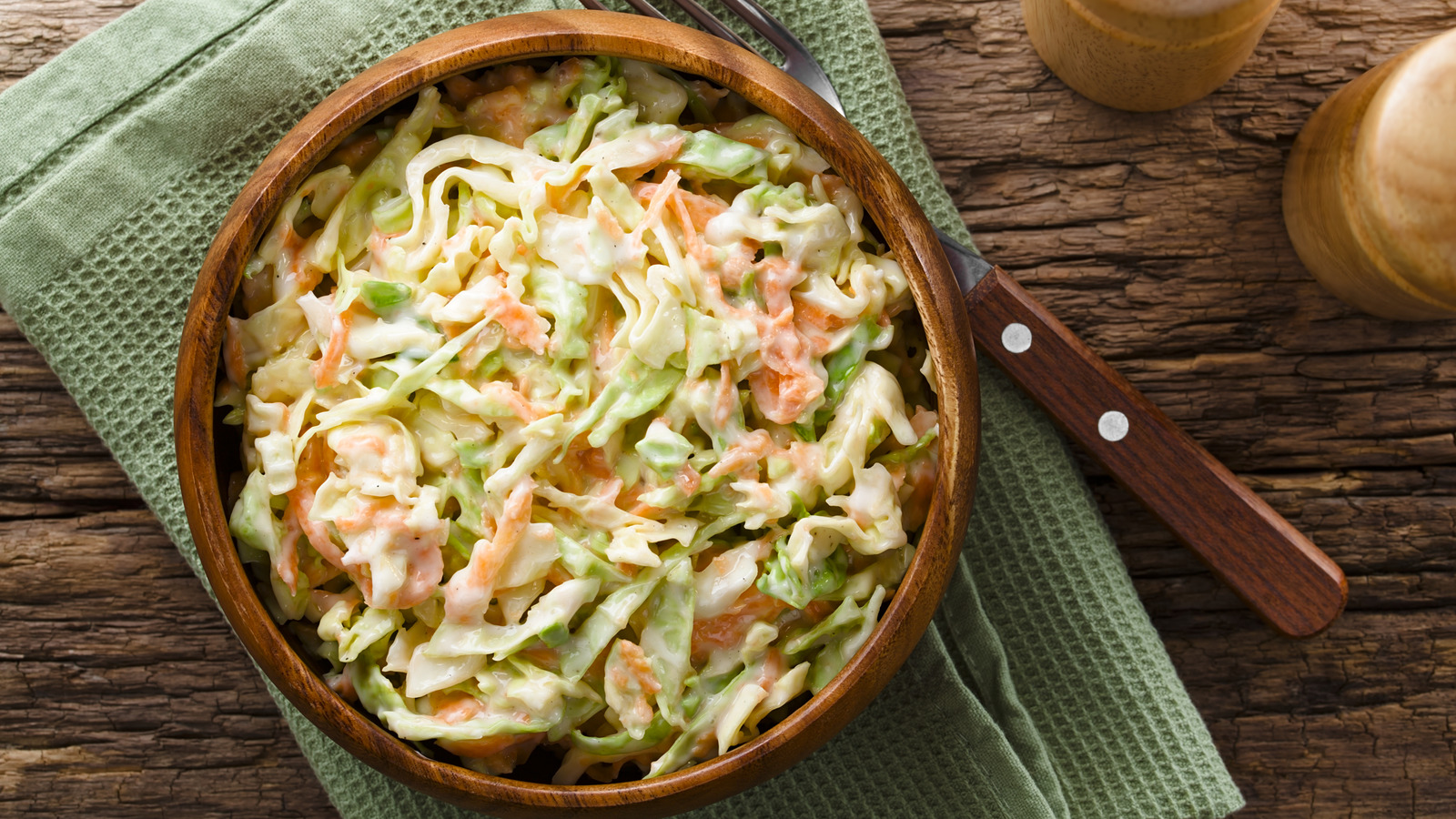
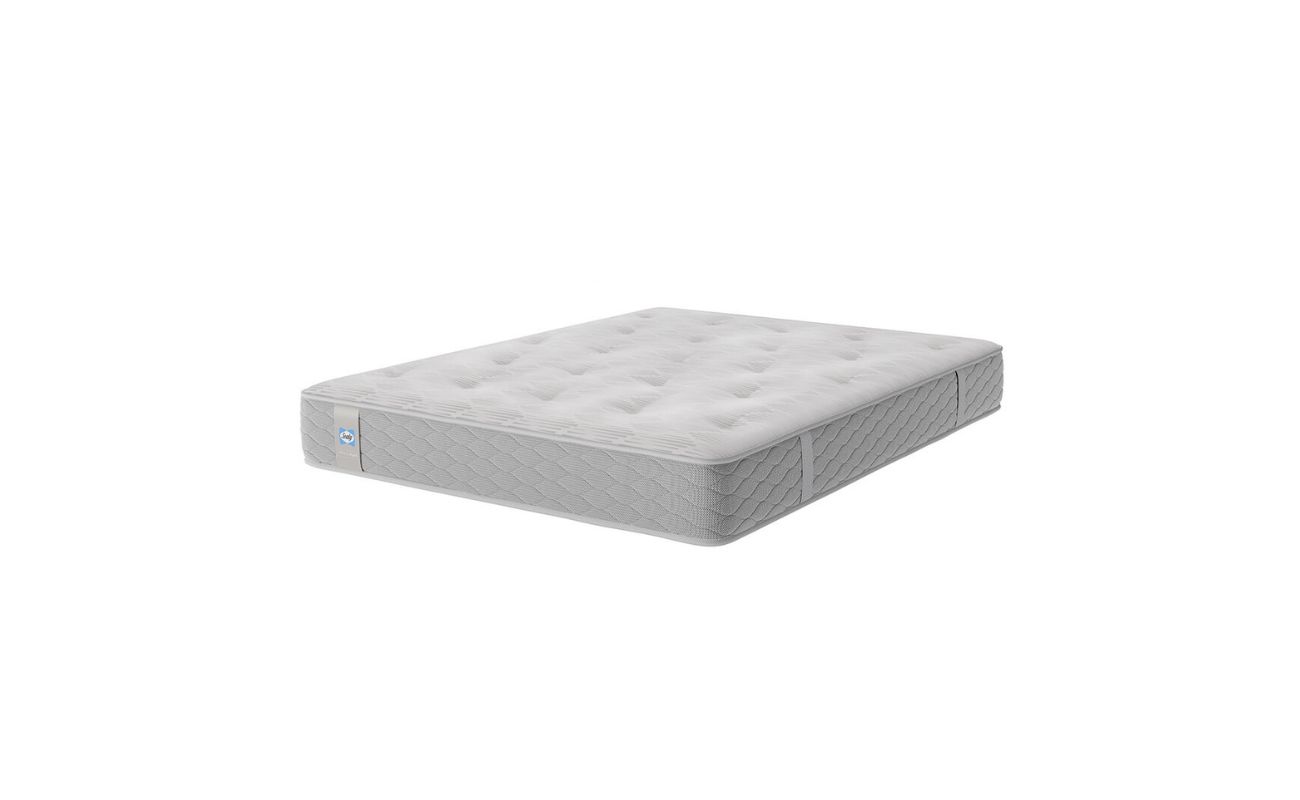

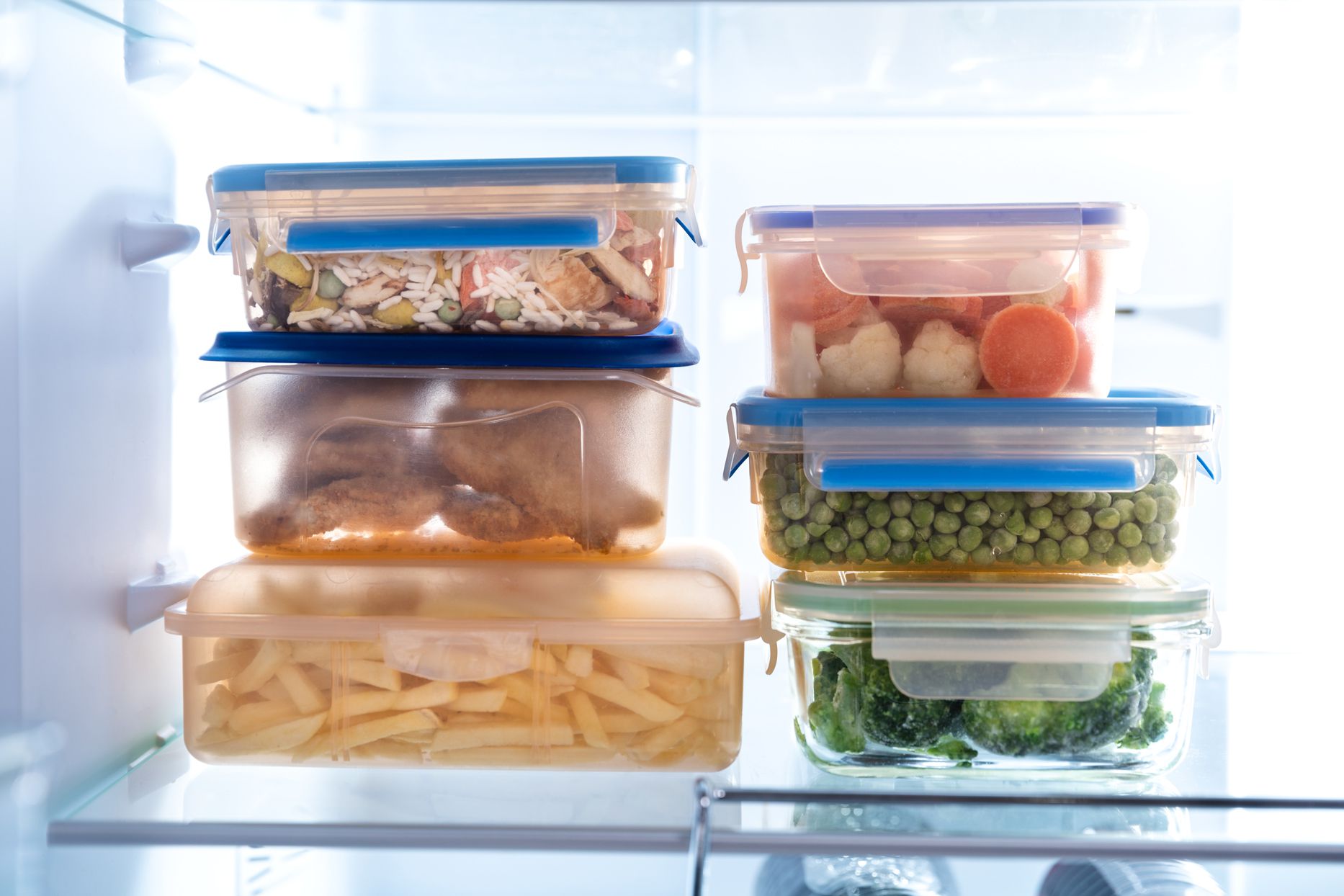

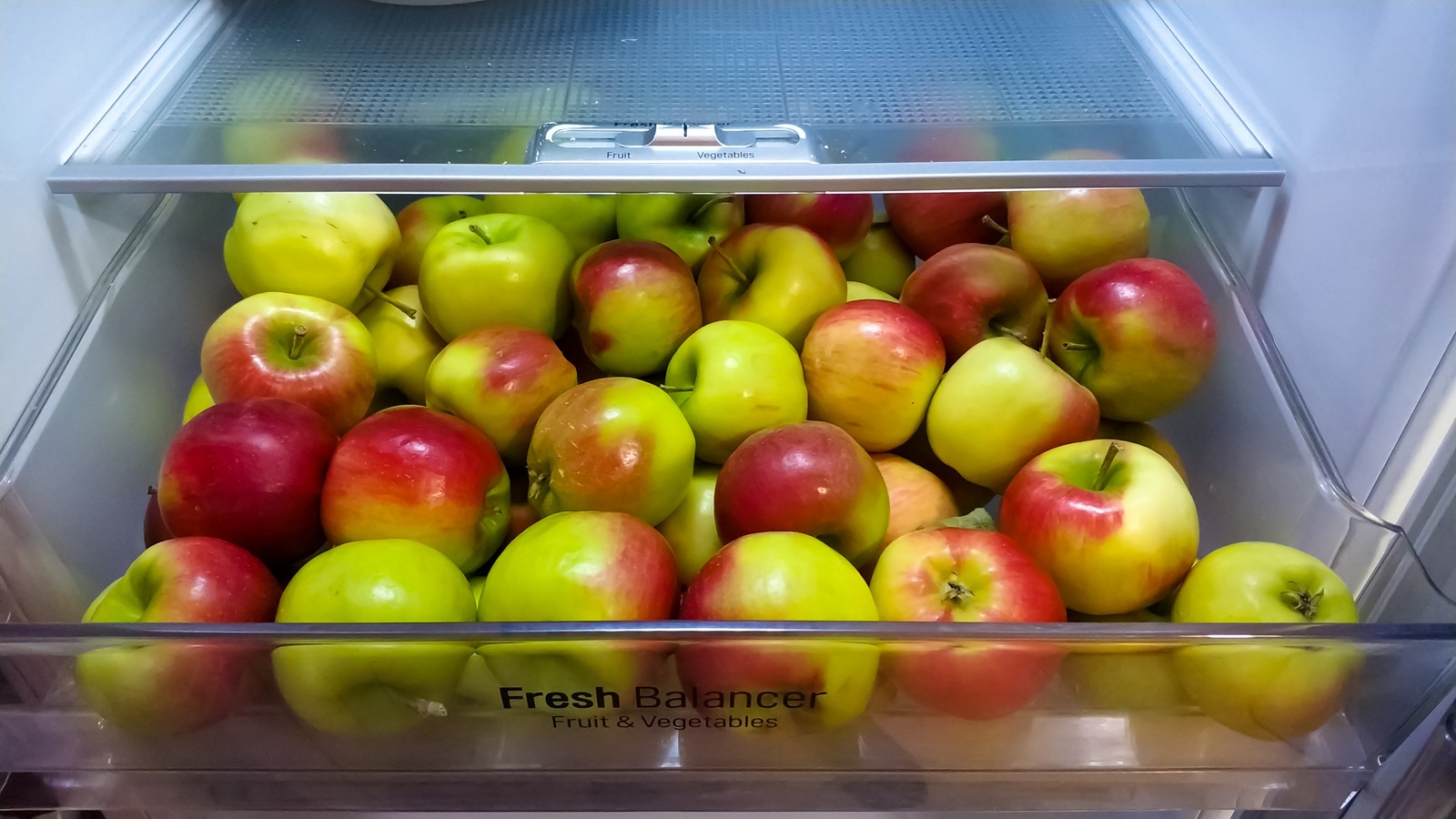


0 thoughts on “How Long Do Eggs Keep In The Refrigerator”